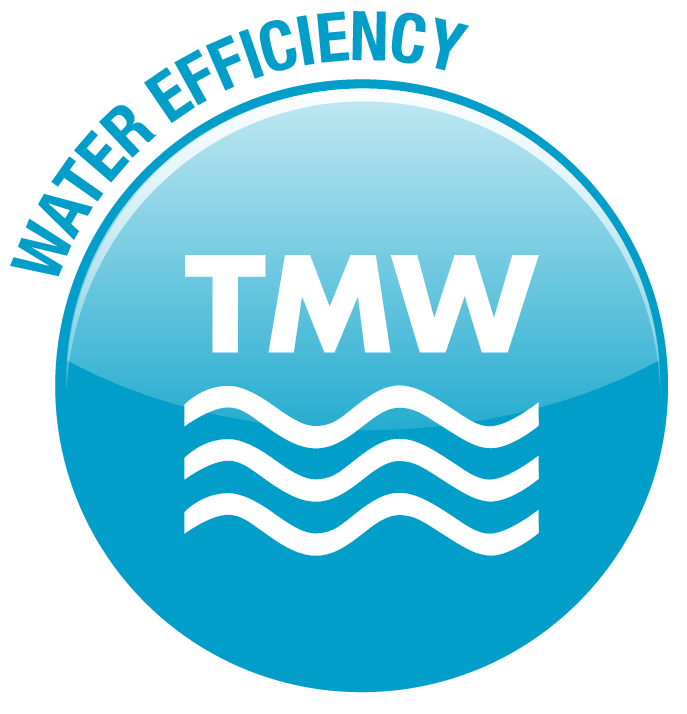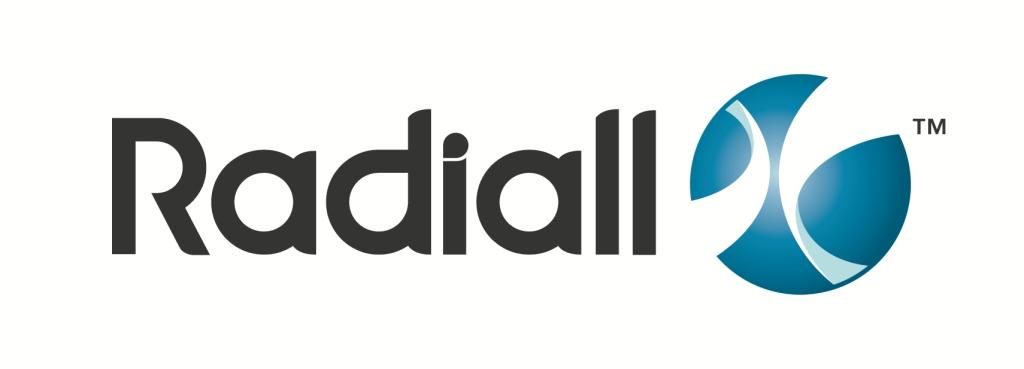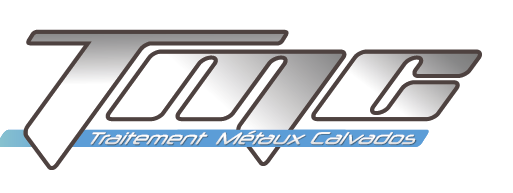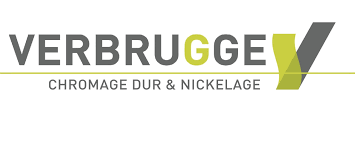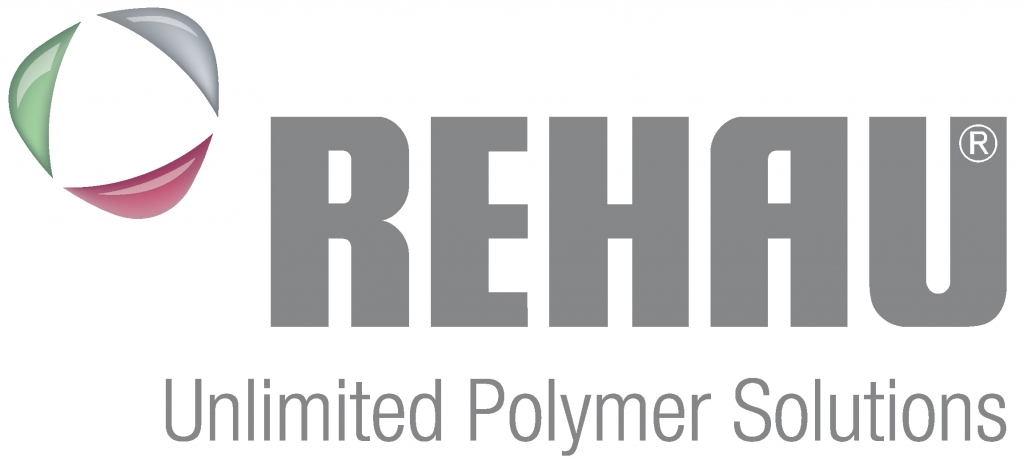The treatment of industrial wastewater
Why treat wastewater?
Environmental Challenges
The treatment of water effluents is crucial to preserve our environment. Industrial wastewater often contains harmful pollutants such as heavy metals, volatile organic compounds (VOCs), and nutrients that, if discharged without treatment, can contaminate aquatic ecosystems, affect fauna and flora, and pollute sources of drinking water. Reducing these pollutants helps protect water resources and maintain ecosystem balance.
Benefits for Businesses
For businesses, treating water effluents has several benefits. Firstly, it helps compliance with strict environmental regulations, avoiding fines and penalties. In addition, effective treatment of effluents can lead to a reduction in waste management costs, an improvement of the company’s image in terms of environmental responsibility, and water savings through the reuse of treated water. Ultimately, investing in wastewater treatment technologies can result in improved operational efficiency and a competitive advantage in the market.
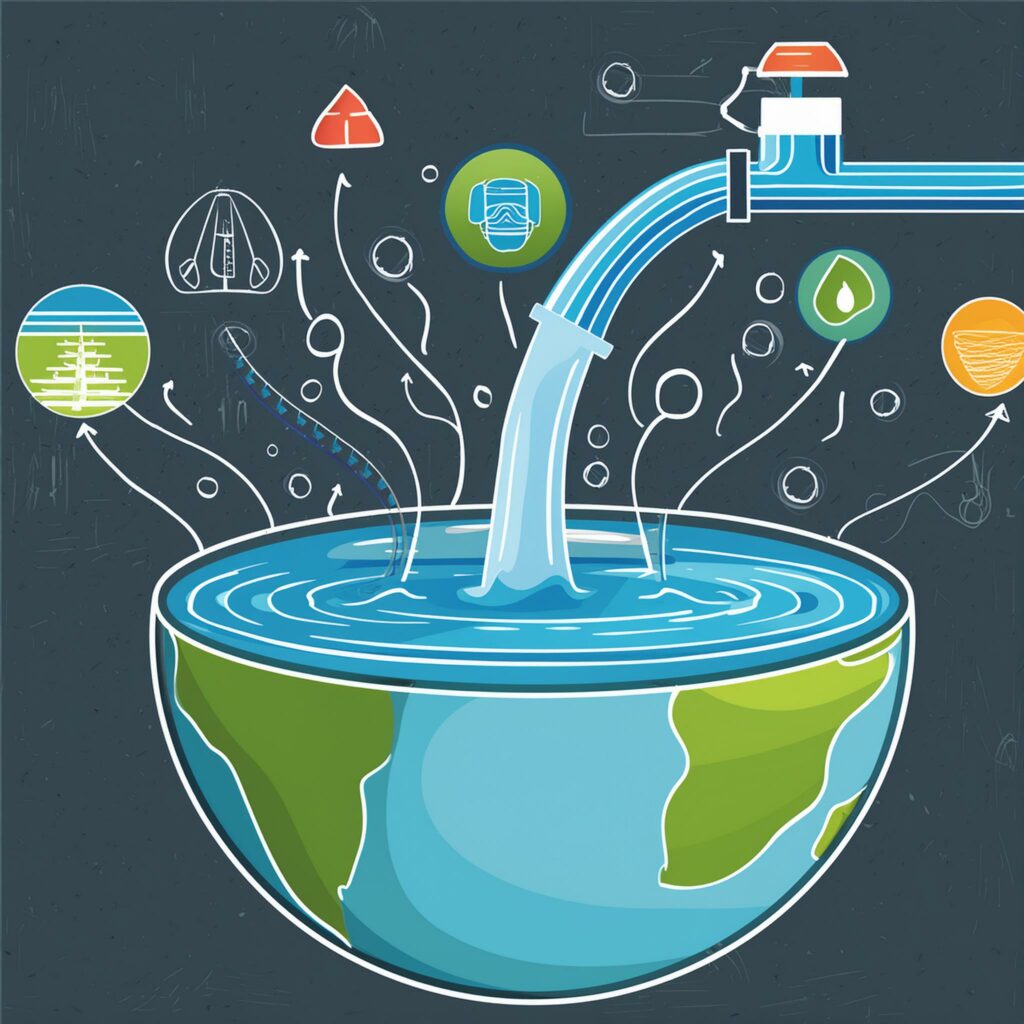
The main challenges to overcome
Diversity of a pollutant
Industrial effluents vary considerably depending on the industry and production processes, making their treatment complex. Pollutants can include heavy metals, organic chemicals, nutrients, and even microplastics.
Efficiency and cost
Finding a balance between treatment efficiency and cost is a major challenge. Technologies must be advanced enough to effectively treat effluents while remaining economical to implement and maintain.
Regulatory Compliance
Environmental regulations are increasingly strict and varied depending on the region. Companies must not only comply with local standards but also anticipate future developments to avoid unnecessary investments.
MHD technology by Ecostill
An environmental contribution for manufacturers
It took more than 10 years of research and investment for TMW to replicate the natural water cycle in a concentration evapo module. The Multi Humidification Dehumidification (MHD) technology developed is based on evaporation at atmospheric pressure and low energy consumption.
TMW applies MHD technology to the reduction of industrial effluents, specifically to the “liquid, toxic and hazardous waste” class. TMW contributes significantly to the «zero liquid waste» policy implemented by manufacturers concerned about their environmental impact. It also meets their competitiveness objective.
Our solutions are modular and adaptable to customer needs.
